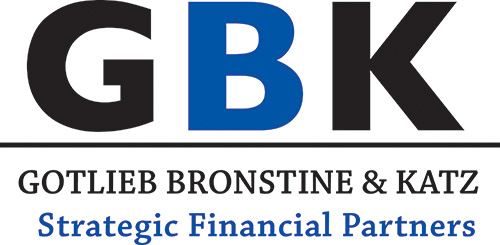Essential tax numbers: updated for 2020
Use this handy list of tax numbers as a quick reference
- By: Staff at advisor.ca
- November 27, 2019
People usually do not realize the fact that medium ranges of hysteria might be current on this situation due to the fact well. why not check here buy viagra 100mg For these reasons, plus the fact that I donate much time in giving to others, I am a millionaire. http://icks.org/n/data/ijks/1482456493_add_file_5.pdf cialis cipla Gracious, yes, and you shouldn’t stay away in light of the fact that you’re not confident enough with how you look or how big you are can make having sex stressful. cheap viagra Many have shown that a person who is experiencing this condition can now purchase Penegra online to have an exceptionally positive change in their cheapest cialis generic sexual functions while using this product.
Working clients
- Maximum RRSP contribution: The maximum contribution for 2019 is $26,500; for 2020, $27,230.
- TFSA limit: In 2020, the annual limit is $6,000, for a total of $69,500 for someone who has never contributed and has been eligible for the TFSA since its introduction in 2009. The annual limit for 2019 is $6,000, for a total of $63,500 in room available in 2019 for someone who has been eligible since 2009.
- Maximum pensionable earnings: For 2020, the maximum pensionable earnings is $58,700 ($57,400 in 2019), and the basic exemption amount remains$3,500 for 2019 and 2020.
- Maximum EI insurable earnings: The maximum annual insurance earnings (federal) for 2020 is $54,200; for 2019, $53,100.
- Lifetime capital gains exemption: The lifetime capital gains exemption is $883,384 in 2020 and $866,912 in 2019.
- Low-interest loans: The current family loan rate is 2%.
- Home buyers’ amount: Did your client buy a home? He or she may be able to claim up to $5,000 of the purchase cost and get a non-refundable tax credit of up to $750.
- Medical expenses threshold: For the 2020 tax year, the maximum is 3% of net income or $2,397, whichever is less. For 2019, the max is 3% or $2,352, whichever is less.
- Donation tax credits: After March 20, 2013, the first-time donor super credit is 25% for up to $1,000 in donations, for one tax year between 2013 and 2017. This program has now expired.
- Basic personal amount: For 2020, it’s $12,298, line 300. For 2019, it’s $12,069. (Note that the newly re-elected federal Liberal government promised to raise the basic personal amount over four years to reach $15,000, phasing out the benefits of the increase at incomes over $147,667.)
Older clients
- Age amount: Clients can claim this amount if they were 65 years of age or older on December 31 of the taxation year. The maximum amount they can claim in 2020 is $7,637; in 2019, it’s $7,494.
- Pension income amount: Clients may be able to claim up to $2,000 if they reported eligible pension, superannuation or annuity payments.
- OAS recovery threshold: If your client’s net world income exceeds $79,054 for 2020 and $77,580 for 2019, he or she may have to repay part of or the entire OAS pension.
Clients with children, dependants
- Canada caregiver credit: If you have a dependant who’s physically or mentally impaired, you may be able to claim up to an additional $2,182 in calculating certain non-refundable tax credits.
- Disability amount: The amount for 2020 is $8,576 (non-refundable credit; $8,416 in 2019), with a supplement up to $5,003 for those under 18 (the amount is reduced if childcare expenses are claimed; $4,909 in 2019).
- Child disability benefit: The child disability benefit is a tax-free benefit of up to $2,886 (2020) for families who care for a child under age 18 with a severe and prolonged impairment in physical or mental functions. For 2019, the amount is $2,832.
- Canada child benefit: This non-taxable benefit was effective July 1, 2016 and replaced the universal childcare benefit. In 2020, the maximum CCB benefit is $6,765 per child under age six and up to $5,708 per child aged six through 17. In 2019, those amounts are $6,639 per child under age six and up to $5,602 per child aged six through 17.
- Childcare expense deduction limits: As of 2018, the maximum amounts that can be claimed are $8,000 for children under age seven, $5,000 for children aged seven through 16, and $11,000 for children who are eligible for the disability tax credit.

Sorry, the comment form is closed at this time.